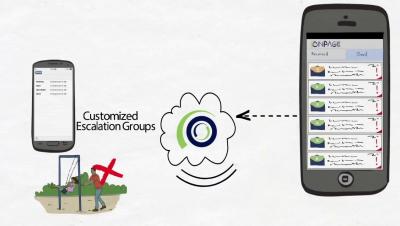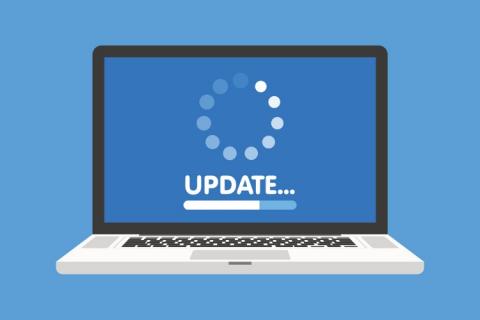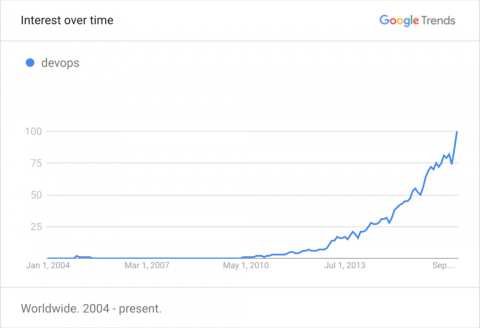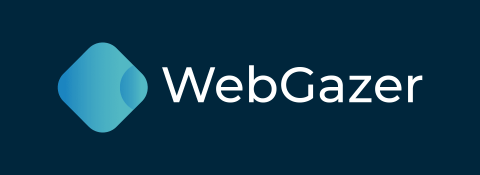Operations | Monitoring | ITSM | DevOps | Cloud
%term
Integrating Slack with HostTracker: How to set up your account
Integration with Slack lets you receive alerts from HostTracker in your Slack channels.
AWS Lambda monitoring - How to optimize function execution time and performance
Function as a service (FaaS) products like AWS Lambda, Azure Functions, and Google Cloud Functions have instigated a paradigm shift in the way Ops teams provision and manage their organization's infrastructure. With everyday administrative tasks like provisioning, patching, maintaining compliance, and configuring operating systems all being abstracted away, your Ops team only has one task to work on - writing world-class code.
How Dropbox uses Statuspage to keep users out of the dark
Trace View Capabilities within Retrace: Determine Where Problems Are and How to Fix Them
Stackify’s APM+ product, Retrace, helps provide important insights into your code, and one of the important pieces to understand is the Traces view. Learn the benefits of the "traces" tab and see examples within Retrace.
Free Plan Upgraded to 60 Monitors
A couple of weeks ago we launched a new feature for Pro users: rate limiting SMS alerts. Back then we promised that free users wouldn't be left out and we've just rolled out the planned upgrade to all free accounts: we've increased the available number of monitors from 20 to 60. That's right, you can now monitor up to 60 websites completely free.
Going for the Gold - Monitoring the 2018 Olympic Winter Games
The 2018 Olympic games have proven to be exciting, featuring ground-breaking athletic feats, new world records, and unprecedented diplomacy (two countries that are normally mortal enemies playing under the same flag!). The 2018 games are coming to a close, but it's not too late to get in on the action. We created a one stop shop dashboard for Olympic data (using LogicMonitor, of course).
Enhanced change management in ServiceDesk Plus: 5 tips to simplify your change implementations
Do you manage your organization’s IT infrastructure? Then you’ve probably dealt with change management in some capacity. IT change management—in particular—is an IT service management (ITSM) process where alterations to some or all the components in an organization’s IT infrastructure are planned, managed, and implemented. These changes need to happen without impacting service availability or business continuity.
Monitoring for developers
Ten years ago, still young in my career building software things, I got my first taste of DevOps. We didn’t call it that back then but for the first time I had to worry about how my software would be delivered to the world.
A little bit about the vision of the WebGazer
To start with, idea of WebGazer came into existence from self-need. Maintaining multiple websites on different servers and not knowing the state of every one were problematic, especially when one of the websites somehow goes down and you learn it from the customer you maintain the website for or the user who shouldn't even notice the glitch in the first place.











